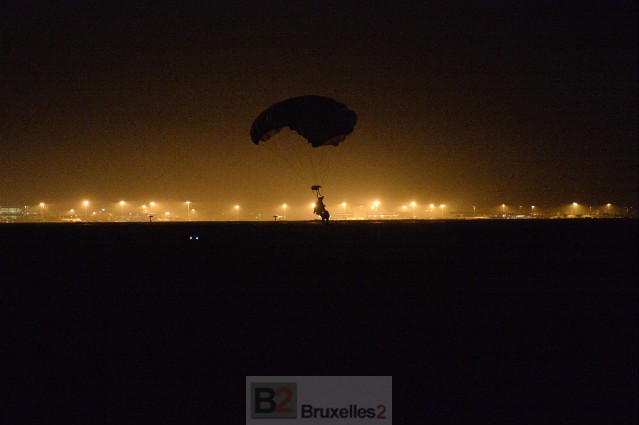(Slightly) more flexible Battlegroups
(BRUSSELS2) Defense Ministers should agree on Tuesday 17 November on a slightly more flexible and more effective use of Battle Groups - the light rapid reaction force of the EU (2 groups of at least 1500 deployable men up to 6000 km from Brussels are on permanent call). The result obtained is very close to the initial Swedish proposal based on voluntarism (read: The Swedish idea of modulating battlegroups), combining flexibility and employability (I prefer the word efficiency). he avoids,
on the other hand, all the financial discussion, postponed until later. Analysis "depth"must be carried out on the methods of financing as well as the possibilities of sharing the financial burden.
Flexibility. The general concept is not revised (1). What is simply changed is that it is now recalled in black and white that the battle groups can be used in the "initial stage"the deployment of EU military operations. This provision should be considered in "exceptional" circumstances, on a "voluntary" basis and decided on a "case-by-case basis". Battlegroups "should not become the instrument to fill (a priori) the gaps in the generation of force", recalls a soldier. Two conditions therefore surround this provision, outside the framework: 1) the agreement of the contributors to the battle group, 2) the approval of the Council. In practice, the States willing to make this type of more "flexible" contribution will announce it beforehand (this in order to facilitate the planning of the battle groups).
Employability/Effectiveness. The other provision concerns the "employability" of battlegroups, to facilitate cooperation between Member States: the coordination of the use of certain key strategic capabilities (aircraft, etc.), the pooling of resources or the sharing of commercial contracts. It is a question of thus amortizing the cost for countries where the army has a limited dimension or calls on volunteers (like the Swedish army). But in no case, underlines an expert of the file of "compromise the ability to react": the EU will keep the possibility of launching two rapid reaction operations, at the same time, or leaving two operations"almost" simultaneously (everything is in the "almost"...). Last element: to facilitate the exchange of information and the feedback of experiences between the different battlegroups, as well as early planning. It is a question of everyone being able to know THE "zones" in which ESDP operations can take place and adapt to them. It is obvious that carrying out an operation in the Bosnian or Georgian mountains requires (slightly) different means and training than an intervention in the African desert or the Great Lakes region...
(1) Remember that Battle groups aim not only to have a rapid intervention capability - and are therefore an instrument of credibility and deterrence for European foreign policy - but also an interoperability factor for European armies because it promotes joint training.


Comments closed.